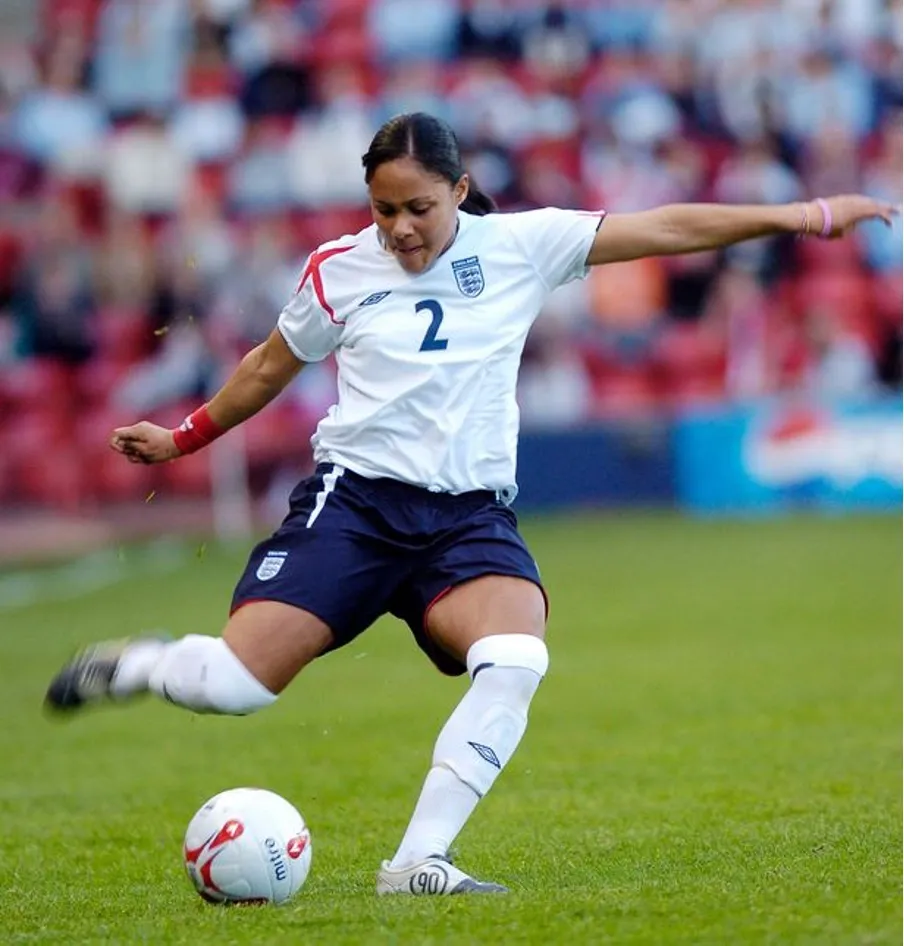Table of Contents
Stuart Smith
National MP
Kaikoura
Below is Stuart Smith’s response.
New Zealand is one of the most diverse countries in the world. In virtually every town or city you venture to, every person has a different story, different ancestry and a different take on life. I’m proud to be a Kiwi for that reason, and we should not shy away from our diversity because it makes us who we are.
Holding a public office is a privilege, and the sacrifices that are made go largely unnoticed by the general public. One part of public life that slips under the radars of many is the abuse that elected officials are subjected to regularly. Whether it is because of the views they hold or the policies they propose, criticism can all too quickly spiral into areas of racial attacks or gender slurs. This, unfortunately, comes with the territory.
Social media, and the anonymity it provides, have emboldened keyboard warriors who say things online they would never say in person.
Voters and those interested in politics tend to be very passionate people. They care deeply about issues which can sometimes boil over and lead to an attack on a person rather than an idea they are proposing.
If people focused more on the arguments themselves or the issue in question, rather than identity politics of race, gender or sexuality, it would enhance the debate and drive better outcomes.
An example of this is my opposition to the Three Waters reforms. I view Three Waters as an asset-grab that is taking local democracy away from Kiwi communities so that the Labour Party can impose its ideology of government centralisation.
I’m open to debating why I hold this view, but simply because I oppose Three Waters, I have been labelled a racist. This is highly unproductive, and if those individuals spent more time on the policy itself and debated the issue instead of attacking those they disagree with, we could have a far more intelligent and meaningful debate.
This is not a problem that elected officials alone have to deal with, but anyone in the public eye. Just look at the All Blacks coach Ian Foster, who has probably had the most brutal week of his life. The reality is that when you are in the public spotlight, rightly or wrongly, you will be met with unfair criticism and, occasionally, abuse. That comes with being in the spotlight, which is part of trying to make a difference in this country.
Not everyone is going to agree with you about everything.
It’s important to remember whenever you face an unfair attack or discrimination that it says more about them than it does about you.









